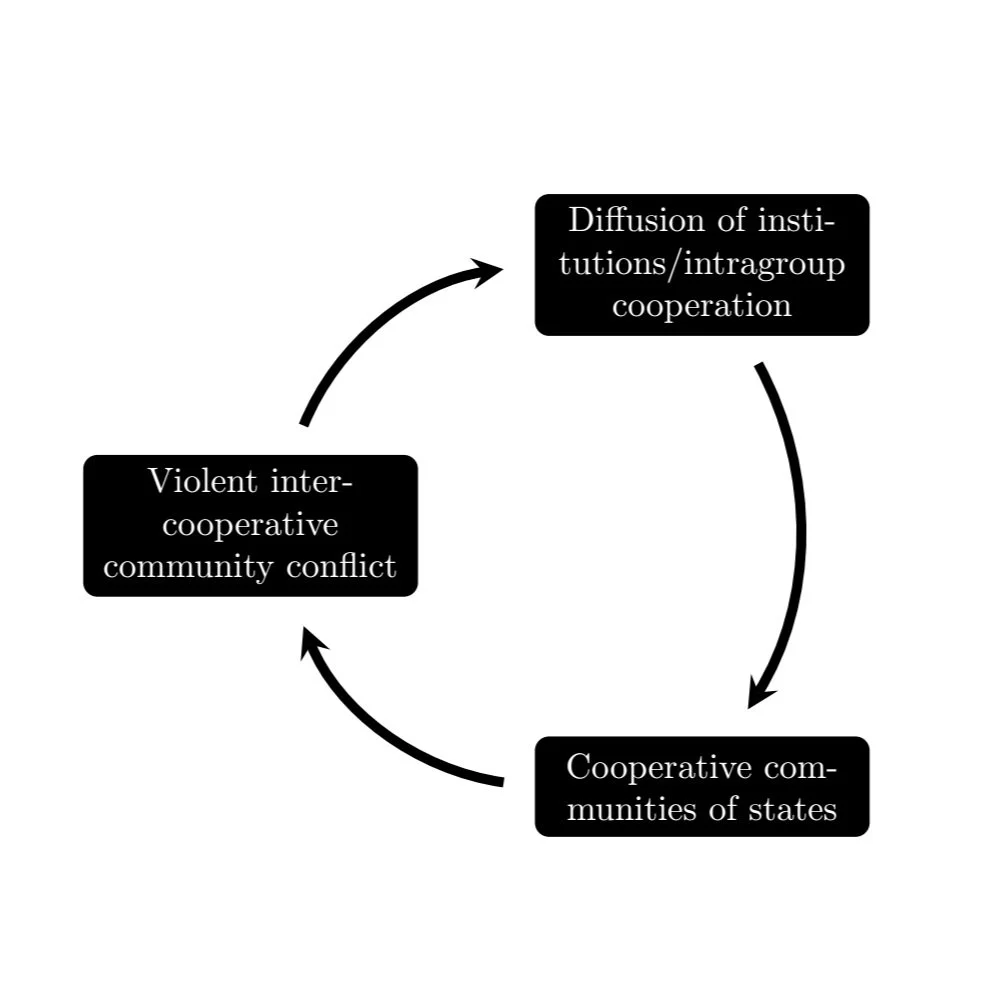Figure 1: Theoretical argument of the book project
I am expanding a conditionally accepted JOP into a book project that examines the cyclical relationship between conflict and cooperation in the international system. In the article, I argue that networked interactions simultaneously spread political institutes from stronger to weaker states and induce intragroup cooperation among states. Together, these processes create cooperative communities or groups of states with homophilous political institutions. The theory in the article suggests that networked relations are an omitted confounding variable in studies that attribute interstate peace to shared institutions.
In my book project, I plan to extend this argument to demonstrate that inter-cooperative regime conflict recreates the networked ties between states. Figure 1 displays the relationship in full. In particular, the book will demonstrate that conflict between groups of states creates a new networked order among states. Over time, these processes then lead to homophilous institutions among group of states. This then leads to inter-cooperative community conflict, with the steps then repeating themselves.
To date, I have finished the statistical and theoretical analyses for my argument to demonstrate that networked interactions induce cooperation among and spread institutions from stronger to weaker states. I am currently collecting case studies and designing new measurements to identify how war shapes the subsequent networked interactions among states.
